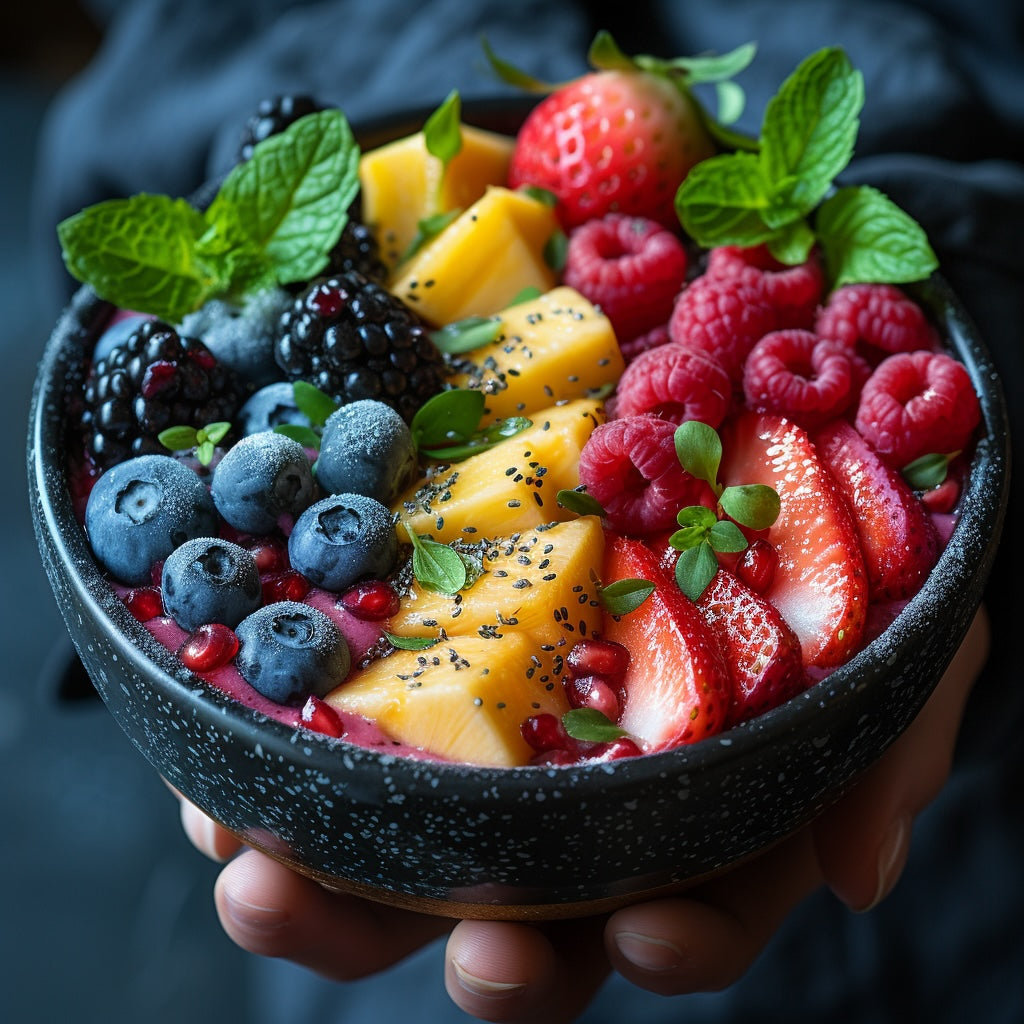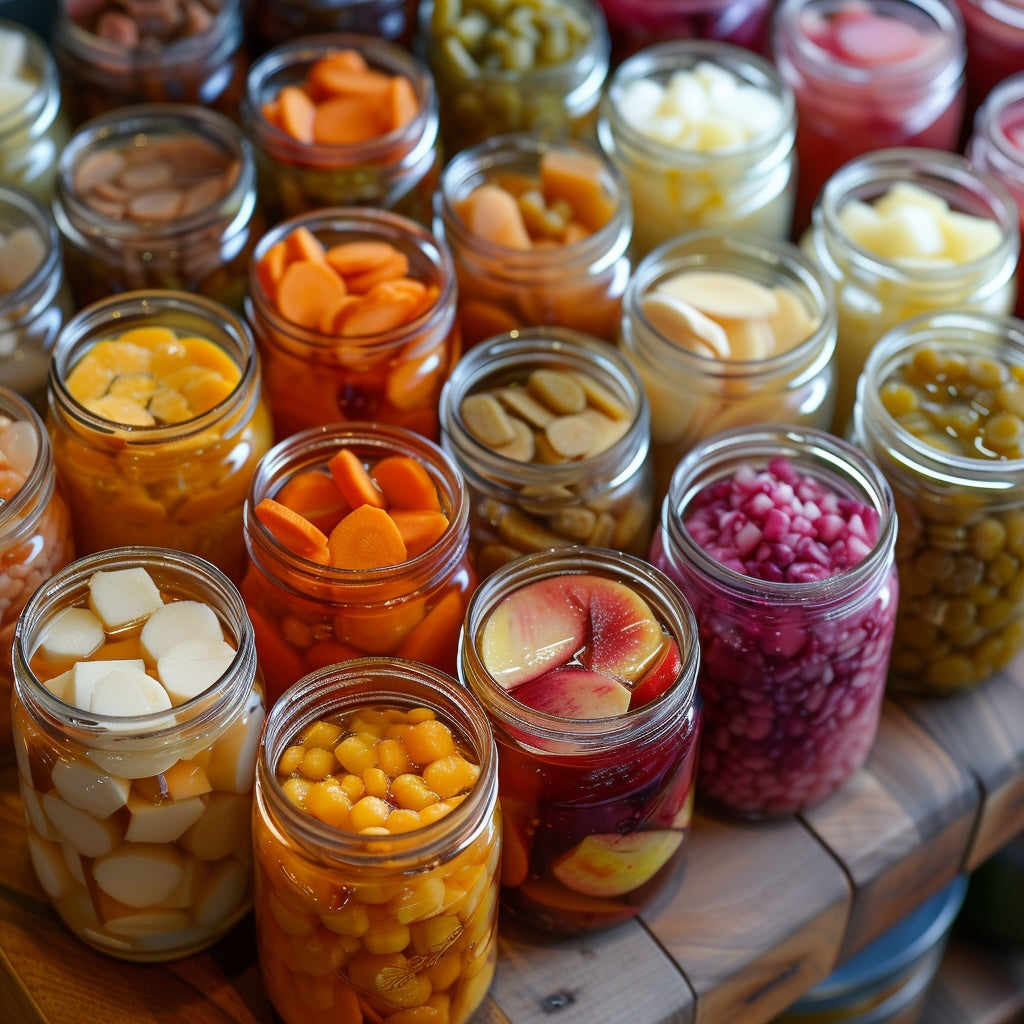Raw probiotics and their supplements have become a focal point in the conversation about gut health and overall well-being. This fascination isn't without reason; the history and science behind probiotics present a rich tapestry of discoveries and advancements. Here, we delve into the world of raw probiotics, exploring their history, benefits, and some intriguing facts that highlight their significance in human health.

The History of Probiotics
The history of probiotics dates back to the early 20th century, but the concept of beneficial bacteria has roots in ancient practices. Fermented foods, which are natural sources of probiotics, have been part of human diets for thousands of years, with evidence of fermented dairy products being consumed as far back as 10,000 BCE. However, the scientific journey of probiotics began with the work of Elie Metchnikoff, a Russian scientist and Nobel laureate. In the early 1900s, Metchnikoff proposed that consuming fermented milk containing Lactobacilli might play a role on longevity by having an impact on the growth of harmful bacteria in the gut.* This hypothesis laid the groundwork for the modern study of probiotics.
What are Raw Probiotics?
Raw probiotics refer to the live microorganisms found in unprocessed, fermented foods such as yogurt, kefir, sauerkraut, and kombucha, or in supplements that have not been subjected to heat or chemicals that might destroy these beneficial bacteria. The term "raw" emphasizes the natural, unadulterated state of these probiotics, designed to potentially offer health benefits due to their vitality and potency.

Benefits of Raw Probiotics Supplements
Raw probiotic supplements are lauded for their potential to support gut health by possibly having an impact on the balance of bacteria in the gastrointestinal tract. This balance may play a significant role in food, absorbing nutrients, and supporting the immune system.* You may also want to read about other types of probiotics, such as those offered Bulgarian Yogurt.
Fascinating Facts About Raw Probiotics
- Ancient Fermentation: The use of fermentation, a process essential for creating environments conducive to probiotics, dates back over 7000 years, with evidence of fermented beverages in ancient China.
- Geographic Diversity: The types and strains of probiotics found in traditional fermented foods can vary significantly from one region to another, reflecting the local microbial environment and cultural dietary practices.
- Survival Tactics: Not all probiotics can survive the journey through the acidic environment of the stomach to reach the intestines where they exert their benefits. Raw probiotics in fermented foods or high-quality supplements are often more resilient.
- Human Microbiome Project: This massive scientific initiative aims to understand the complex ecosystems of microbes, including probiotics, living in and on the human body. It has revealed that the human microbiome contains trillions of microorganisms, outnumbering human cells by a factor of 10 to 1.
-
Probiotics and Longevity: Some studies suggest a link between the consumption of probiotic-rich foods and longevity. While direct causation is difficult to establish, the health benefits associated with a balanced gut microbiota may contribute to a longer, healthier life.*
-
Not a One-Size-Fits-All: The effectiveness of specific probiotic strains can vary significantly from person to person. This variability underscores the importance of personalized nutrition and the potential for tailored probiotic supplementation based on individual health needs and microbiome composition.

The Future of Raw Probiotics
As research continues to uncover the vast potential of probiotics for human health, the interest in raw probiotics and their supplements is likely to grow. Innovations in microbiology and biotechnology are paving the way for more targeted probiotic regimen that could enhance their properties. Moreover, the increasing awareness of the importance of gut health for overall well-being is driving demand for natural, unprocessed sources of beneficial bacteria.
As always, talk to your doctor before taking any supplements. Get professional advice if you think you might need any supplement or are already taking raw probiotics to ensure you're not exceeding the amounts you may need.






















